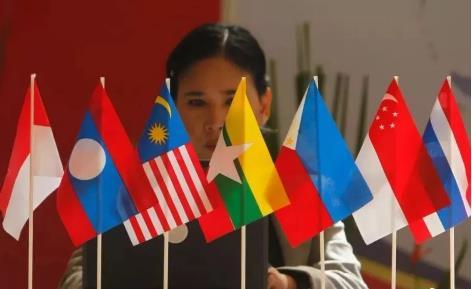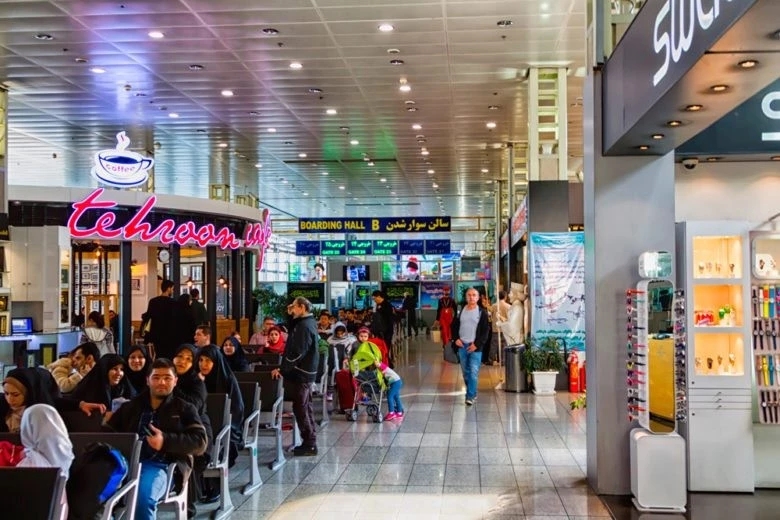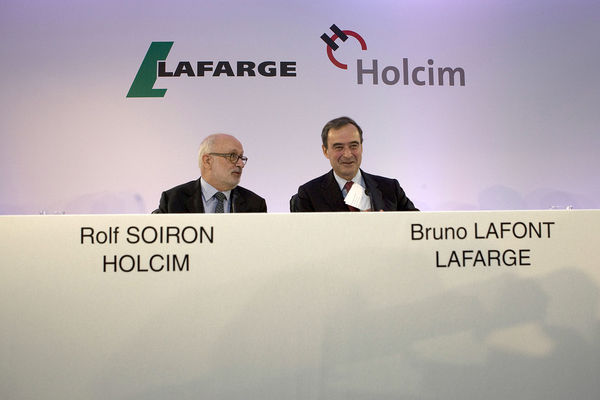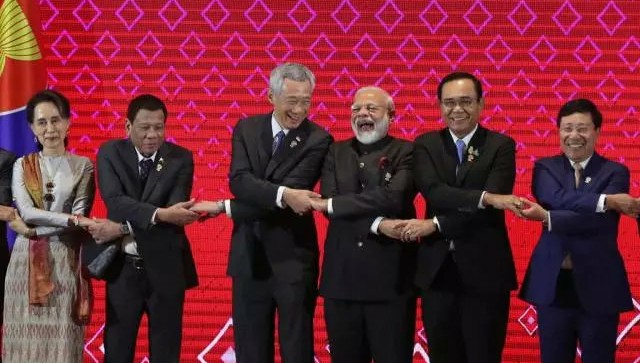
What is the regional comprehensive economic partnership (RCEP)? What does it mean for global trade liberalization?RCEP is an inevitable outcome of economic globalization, regional economic integration and free trade. Since this century, especially in recent years, due to the international stymied driving the global free trade in the WTO negotiations, a countercurrent of economic globalization, tariff barriers in international trade, trade friction, so some regional organizations and national situation, spontaneous action, and to promote the implementation of "zero" tariffs for each other, each other to open up markets, close relations of cooperation, seek cooperation and development. RCEP was initiated by 10 asean countries in 2012 and was jointly formulated by 16 countries, including China, Japan, South Korea, India, Australia and New Zealand. By reducing tariff and non-tariff barriers, RCEP aims to establish a free trade agreement among the 16 countries to open up their markets to each other, implement regional economic integration and a single market. The 16 countries involved account for 32.2% of the world's GDP. Total foreign trade accounted for 29.1% of the world's total. Covering more than 3.5 billion people, half of the world's total, it will be the world's largest fta with the largest population and the greatest potential.RCEP members mostly belongs to the fast economic growth and potential big economies in the world, strong economic and trade complementarities, once formed, will bring substantial trade to all participating countries increase, caused a greater development of the member states, especially in the area with the international market to foreign enterprises to expand investment and increase market share, bring huge benefits. Against the backdrop of rising protectionism and ongoing trade disputes, RCEP will be an important mechanism to safeguard global trade liberalization.
On November 4, India officially announced that it would not join the regional comprehensive economic partnership (RCEP) initiated by the 10-member association of southeast Asian nations (asean).
In fact, the negotiations on RCEP, including investment protection and intellectual property rights protection, are not very difficult. Some public terms and regulations, such as trade facilitation and customs clearance facilitation, are relatively easy to handle.
The second China international import expo is about to open. Expanding imports and accelerating the implementation of the fta strategy will be closely linked. Once the RECP negotiation is completed by the end of this year, goods from Japan and India, two major importing countries, will gradually get preferential tariff reduction, and the proportion of China's imports from FTA partners will rise to 40.9%. The second China international import expo will be held in Shanghai on November 5, 2010. As a platform for China to "buy the world" and "benefit the world", ciie's initiative to expand imports is a major initiative taken by China in opening up in the new era. It also further demonstrates China's determination to build an open world economy and share the future with the world.
Foreign media also explained India's decision to refuse to join RECP. Analysis pointed out that due to tax differences as well as some invisible barriers, India finally decided not to join the RECP, at the same time it also reflects the modi government on "pragmatism", RECP once established, a large number of foreign products will hit the Indian market, in competition with the good and cheap goods, domestic products have no advantage, and India's domestic parties to handle to modi, when once the unemployment crisis in India, the phenomenon such as economic slowdown, the opposition will put the blame on modi.
The negotiation of RECP has gone through 7 years. At the moment of deepening regional economic integration, it is necessary to establish such a regional economic organization as RECP, which is conducive to the coordinated development of industries in the region and provides endless power for industrial upgrading and upgrading of various countries.
Although China is not the initiator of RCEP, it has always played a role in promoting the negotiation of the RCEP. The RCEP is of great significance to China in expanding opening-up, forming a high-level open economy, realizing the benefits of opening-up and forcing China to deepen domestic reform.
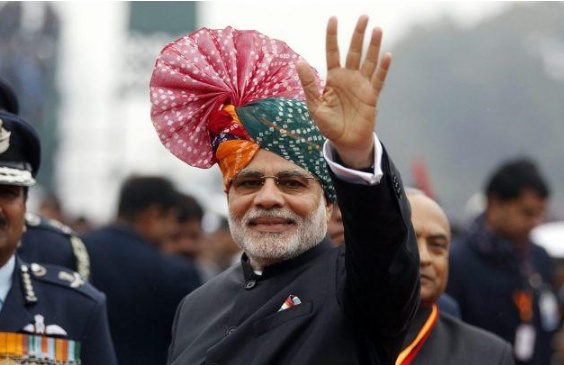
For India, in recent years a large number of fiscal revenues have been engaged in the military field, but India's defence research ability is not improved, the reason is the development strategy of India out of the question, the independent research and development of India not weapons, but to the United States and Russia and other countries for advanced weapons, in the short term, this development way can rapidly boost India's military power, but in the long run is not conducive to the development of the Indian military, but India is therefore and friendly relationship between the United States, although India has non-aligned policy, but in recent years, the United States has become "natural Allies".
(Picture Source:Baidu)
